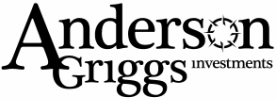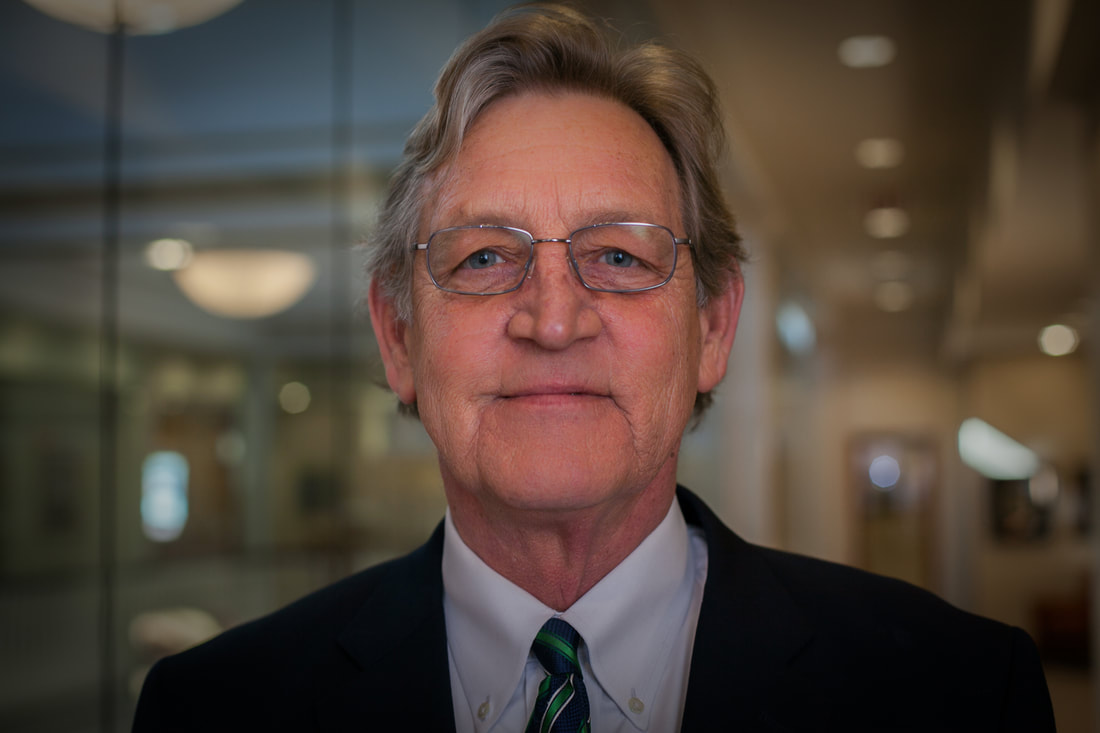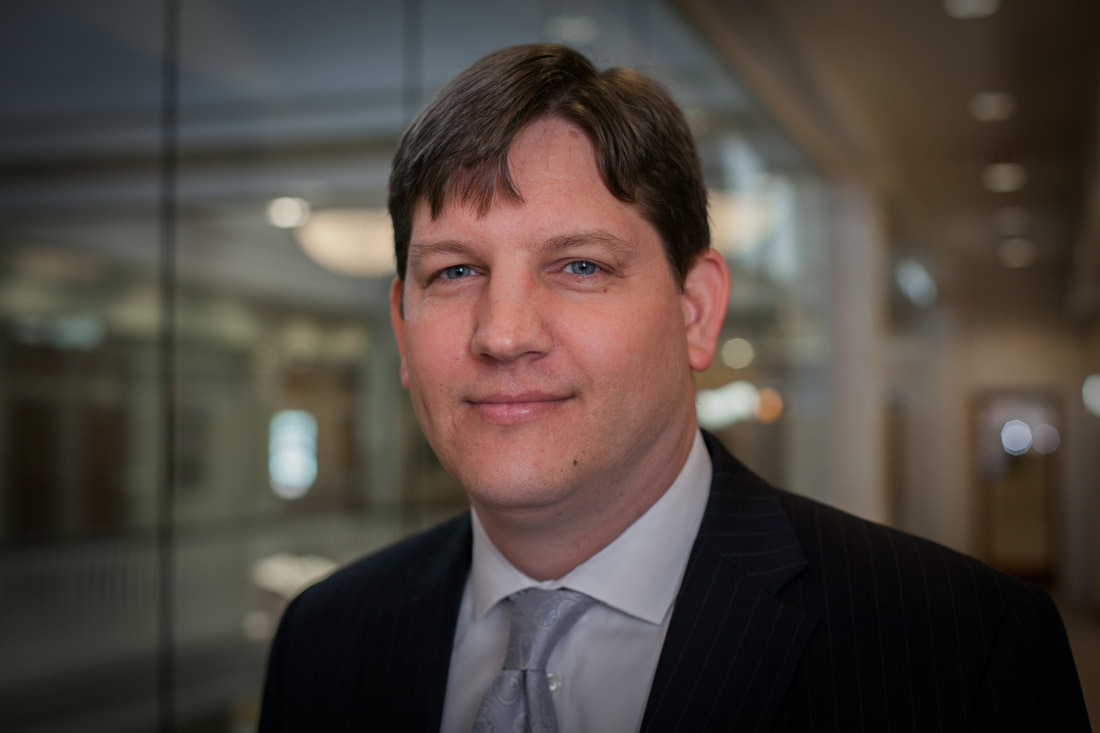|
If I asked you “What company did Bill Gates start?” close to 100% of you would answer Microsoft. If I asked you “What company did Steve Jobs start?”, again, close to 100% of you would answer Apple. If I asked you “What company did Irwin Jacobs start?” I believe most of you would respond with “Who?” even though Irwin Jacobs’ company, Qualcomm, may have more to do with your daily life than the other two combined. Irwin Jacobs is a scientist with a special quality that few possess – the ability to build a business. In 1985 Dr. Jacobs and six other founding members of Qualcomm felt that there was a future in mobile communications. Upon starting, the group kept expectations realistic. As Dr. Jacobs said, “When we first started Qualcomm, I told my wife Joan that, if we were lucky, we might grow to 100 employees.” Today the company employs more than 20,000 people around the world. More importantly, 200 other businesses have created thousands of additional jobs based on a unique business model created by Qualcomm.
It is easy to understand that any business cannot survive without more cash coming into the business than is being spent. For many new companies, especially technology companies, when the cash ran out they would just close the doors. Not for Dr. Jacobs and his fellow owners. When the cash ran out, they chose a different route to stay afloat, one that was contrary to accepted business practices and possibly the most important contribution any company has made in the development of the wireless industry. Their solution was to license all of their patents as a portfolio in return for a royalty payment. This solution opened the doors for hundreds (if not thousands) of entrepreneurs to take an idea and bring a product to market quickly, knowing that they would have access to any new technology created by the scientists at Qualcomm. The global wireless and broadband market exceeds $1 trillion today. With revenues of $15 billion, Qualcomm owns just a small piece of the market, yet, through their innovation and unique business model, are responsible for far more than their revenues indicate. Qualcomm is the dominant force in the application processor space with an estimated 49% share. Think about that for a minute. Just about half of every one using a Smartphone, Smartbook, or tablet uses Qualcomm’s technology. Its latest platform, Snapdragon, is used by 300 devices and 350 more should be in production soon. And with only 25% of the world’s six billion cell phone subscribers able to access 3G data plans, Qualcomm’s world domination of 3G assures them of a few more good years. I have owned Qualcomm shares for ten years. It is one of the first technology companies I purchased after the bubble burst. Over these past ten years the company’s sales have grown from $3 billion to over $16 billion. Profits have grown from $600 million to over $4.5 billion, while dividends have grown from the initial dividend of 9 cents in 2003 to 86 cents today, a compounded rate in excess of 25%. The stock price has risen from an average price in 2002 of $19.15 to its current price of $61.07. Based on trailing earnings, our fair value on Qualcomm is $62.30, which is just slightly above its current market price. As one who believes in buying low and selling high, I can be thankful that the company’s shares have rarely been overpriced over these past ten years. This has allowed me to reap the rewards of a long term business owner. This doesn’t mean the market price has not fluctuated. In fact, it has been pretty close to the normal 30% range between its high and low – about the average of any large-cap stock. Given the company’s history of growth and the potential over the next few years, it could become so overpriced that I am tempted to sell. Or it just may chug along growing earnings and increasing dividends which is a pretty good option. Of course we could be wrong, but I am willing to take that chance on this great company. On March 6that Qualcomm’s 2012 annual stockholder meeting, Dr. Jacobs will retire from the Board of Directors. He will be given the title of Founding Chairman and CEO Emeritus. Having reached the age of 79, taking a year or two off is well deserved. I am sending Dr. Jacobs a big Thank You for his lifetime of work that made my life easier and a bit more fun-- You should too. Disclosure: I own shares of all companies referenced. Any opinion and/or information contained in this commentary are derived from sources believed to be reliable, but Kendall J. Anderson, CFA or Anderson Griggs Investments cannot make representation as to its accuracy or completeness. This commentary does not specifically address individual investment objectives and any conclusions may not be suitable for you. As in all common stock investing you can incur a profit or loss of capital. Past performance should not be taken as an indication or guarantee of future performance. Comments are closed.
|
Kendall J. Anderson, CFA, Founder
Justin T. Anderson, President
Categories
All
Archives
April 2024
|
|
Common Sense Investment Management for Intelligent Investors
|



 RSS Feed
RSS Feed